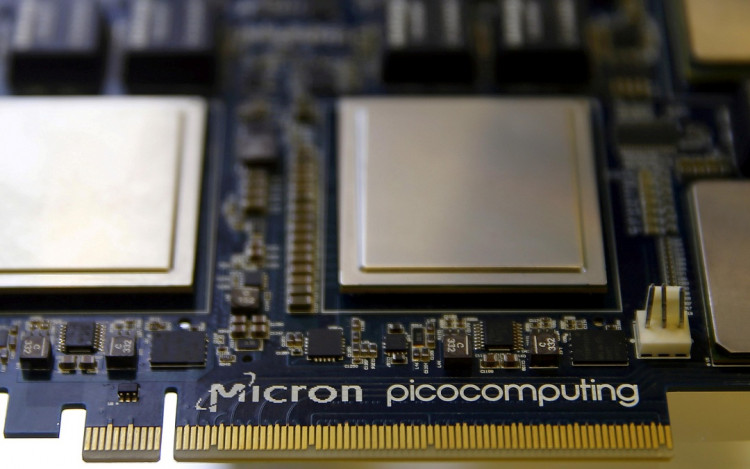In the wake of China's recent prohibition on the use of chips manufactured by U.S.-based Micron Technology in some sectors, the global semiconductor industry is now confronting the potential hazards resulting from escalating Sino-U.S. trade tensions.
This action against Micron, the top U.S. memory chipmaker, is largely interpreted as Beijing's counteraction to Washington's campaign to limit its access to critical technologies. This development followed shortly after the G7 nations announced their intention to mitigate risk without severing ties with China, and coincides with the U.S.'s attempt to convince allies to limit chip equipment exports to China.
Micron is the inaugural U.S. chipmaker to face such sanctions from Beijing, following Washington's efforts over the previous year to establish export controls aimed at preventing chips and chipmaking technologies from enhancing China's military prowess.
The global chip industry is now challenged with escalating geopolitical uncertainties, which could influence investment decisions and supply chain management, even as Micron's primary competitors, Samsung Electronics and SK Hynix, may enjoy short-term gains. Kim Sun-woo, an analyst at Meritz Securities in Seoul, noted that such reciprocal policies complicate investment decisions for all chipmakers.
Shortly before the ban, Micron had revealed plans to invest up to $3.7 billion in Japan on advanced chipmaking technology, marking the first such initiative in the country. Meanwhile, the U.S. continues to persuade its allies to jointly combat China's advances in chip and technology development.
Kim Sun-woo further discussed the complications, saying, "Companies have to address both production and sales...but this will keep dividing the two sides." Changhan Lee, vice chairman of the Korea Semiconductor Industry Association, also voiced concern over the long-term impact of the situation, stating, "In the long term, this won't help anybody."
Samsung and SK Hynix, both of whom have heavily invested in chip factories in China, face the precarious situation of regulatory uncertainties. Although they received a one-year waiver allowing them to import equipment without a license when restrictions were announced last October, it's unclear if this exemption will be extended.
Industry analysts suggest that players in the semiconductor market may need to adapt to the ongoing Sino-U.S. trade war as the new normal. In a striking comment about the future, Lee Min-hee, an analyst at BNK Investment & Securities, noted, "The U.S.-China hegemony war is here to stay...Now it's chips, later it will be rare earths, raw materials... This is going to continue."






